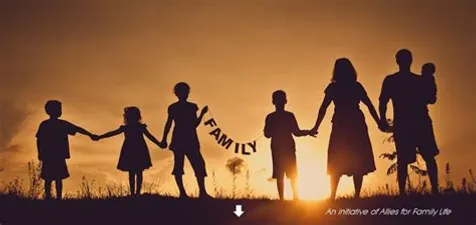Connecting the Ancient World to the Modern: Our Pagan World
Jonathan Cahn’s The Return of the Gods shows how mythological
deities still vie for control of our lives. Their historical period of exile is
over, now they’re back.
Ancient civilizations have always had pagan practices and
deities with strange backstories. They translate from culture to culture. Canaanites
worshiped a female deity names Ishtar, a sorcerer and possessor of human souls.
The Greeks called her Aphrodite and the Romans, Venus. Baal likewise, went
through transformations of culture (Zeus to the Greeks) while retaining the
essence of an all powerful god. We tend to think of these incarnations of gods
as myths that societies passed from generation to generation as a means of
interpreting their world. They were certainly that, but what if they were more?
Cahn believes these are demonic entities controlling human
behavior. The book’s thesis hangs on this verse from Mathew 12:45 “So shall it
also be with this wicked generation.” In other words, when Jesus tells his
disciples that after an evil spirit is cast out of a man it goes into dry
places. But it eventually returns and brings with it additional spirits. The
man with the returned evil spirits is worse than he was originally. The verse
is a parable about nations or cultures instead of a man. When nations follow a
moral course of action they ‘exorcise’ the evil from their civilization.
According to Cahn, Christianity pushed out the ‘gods’ of old
and reclaimed most of the Western world for Christ. The Middle Ages saw the
influence of the Church after the disciples, and Paul, spread the gospel as far
as Asia Minor. Many people were in bondage to evil spirits through their pagan
rituals and rites. Christianity ended the practice of child sacrifice
especially, but it also put to death the idea that people could have other
gods. There was one true God, and His son Jesus represented the Divine reaching
out to the sinful and the lost.
The gods could only come back “if there had been a falling
away from the Christian faith and a biblical worldview”. (p.33) There isn’t one
incident he points to but a series of milestones, all post World War II in America
signifying a spiritual shift in the Christian landscape.
He understands the importance of symbolism in the spirit
realm. The Bible uses dates and events that parallel each other. This way, the Christian
believer can see connections in the story. Jesus restored man back to the
Father in the same way that Adam lost it. He was hung on a tree made of wood.
It’s a picture of Noah, saving humanity on an ark made from trees. Abraham tried
to offer his son Isaac as a sacrifice to God, a picture of God offering His
only Son. Incidentally, Calvary is the same place where Abraham took Isaac as a
sacrifice.
The symbolic nature of evil works the same way. Pagans celebrate
ancient festivals and rites through the ages. Ishtar, the Mesopotamian female
goddess, holds the month of June as sacred. June’s connection to Tammuz, Ishtar’s
lover, centers on ‘sexual freedom’ where men took on feminine roles and women masculine
roles. It’s also the month where the Stonewall (gay rebellion 1969) uprising
took place in New York. The Supreme Court legalized homosexuality, threw out
the Defense of Marriage Act and legalized gay marriage (Obergefell v Hodges) All
of this near the end of June in different years.
He probably draws out the symbolism a bit too much in spots.
The problem of ancient deities (spirits) expressed in various cultures is the
grab bag of characteristics assigned to them. Ishtar is known as: the goddess of
war and destruction, transgressor of standards, goddess of prostitution, and a
seducer. She is fiery, impetuous, impulsive, greedy, emotional, demanding, stormy,
fierce, prideful, vindictive and countless others. When each god is known through literature as
having over 100 attributes, it goes without saying that it will be easy to
connect some dots.
It’s part history lesson and part warning. The ancient spirits
that try to turn mankind from the one true God are more active than ever. We’ve
brought them back because we’ve pushed God out. We don’t get to decide not to
have a god. That place in our hearts that desires worship will not hold a vacuum.
We can push out the Creator but we’ll quickly fill it with something that doesn’t
honor Him. Fortunately, the Bible gives us a record of people who thought
exactly as we do. They turned from their true love and invited foreign gods,
ideas and lifestyles in. It took prophets to help them correct course. Jeremiah
saw his people taken captive because of their rejection of Yahweh.
But God sent His son to us in this age, to redeem us for all
time. I was thrilled that Cahn wrapped up the message with an invitation. A sad
story needs hope after all. We have that in Christ.
Jonathan Cahn’s relentless pursuit of connection makes The Return
of the Gods an enjoyable learning experience.






